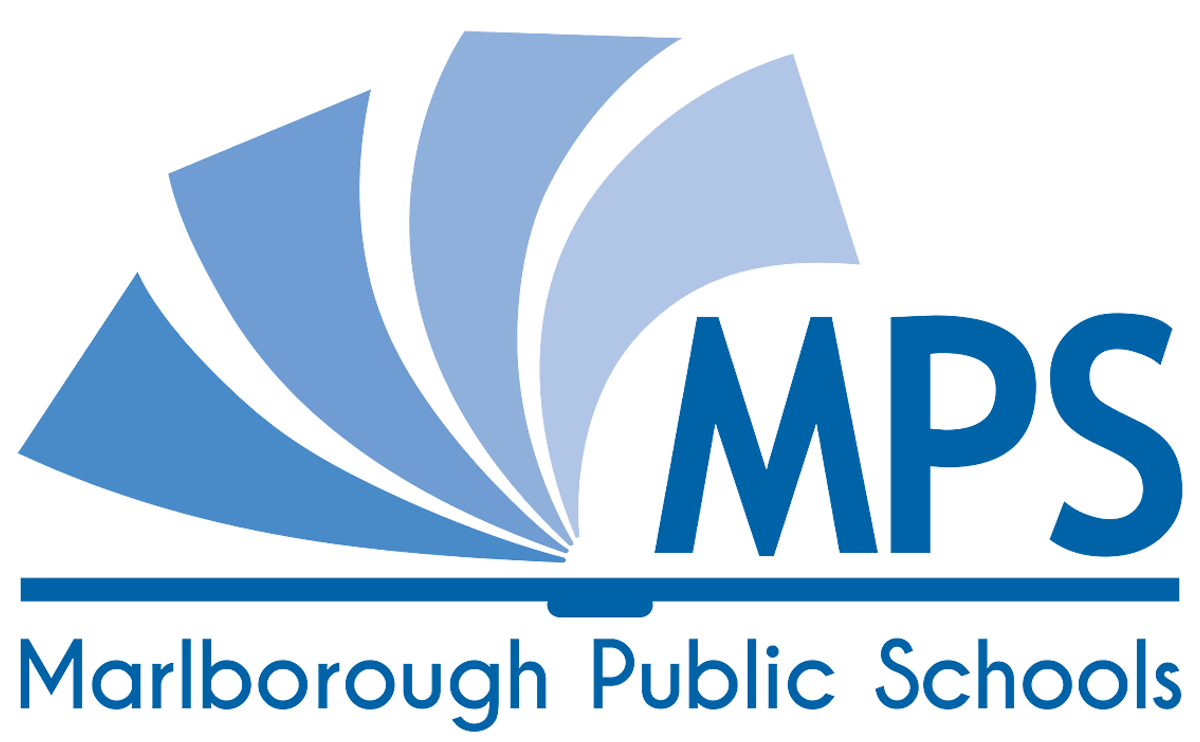Policy JPB
SPORTS-RELATED CONCUSSION/MTBI PROTOCOL
If an athlete is suspected of having sustained a concussion or MTBI (Mild Traumatic Brain Injury) they will be removed from competition immediately and will not be released back into their respective sport until they have been cleared by a Physician, Athletic Trainer or another qualified allied healthcare professional. Please follow link for current legislation. http://www.mass.gov/dph/injury.
The entire healthcare professional team involved in the evaluative and rehabilitative process must consult with one another and make a sound clinical judgment regarding the athlete’s return to play status.
*Academic accommodations will be provided when deemed necessary pending documentation from a physician.
Evaluation:
1. Acute evaluation SCATII (on sideline)
2. Recommendations to family and athlete regarding return to school (24-48 hours of rest from academics and other cognitive function) i.e. Video gaming, text messaging, computer use, TV
3. Recommend a Physician/MTBI specialist if needed
4. Follow-up testing when asymptomatic
Sport-Related Concussion Rehabilitation Protocol
Student athlete will progress sequentially through each rehabilitation phase and may not progress to the next phase until asymptomatic for 24 hours.
Phase 1 No-Activity - Complete physical and cognitive rest, with the objective of recovery. No athlete may begin Phase 2 until there are NO signs or symptoms as they relate to the concussion.
Phase 2 Light Aerobic Exercise (non-impact). Walking or use of a stationary bike. Monitor for systems and signs. No resistance or weight training.
Phase 3 Sports Specific Exercise - Simple movement activities that involve no contact or risk of contact such as skating drills or running drills.
Phase 4 Non-Contact Training Drills – More complex training drills such as passing drills in football or ice hockey to assess coordination of movement which tests brain function. May add light resistance training and then progress to heavy weights. The time needed to progress from non-contact to contact exercise will vary with the severity of the concussion and player.
Phase 5 Full-Contact Practice – Following medical clearance, student athlete may participate in normal training activities to restore confidence and assess functional skills
Phase 6 Return to Game Play – Normal Play is allowed with close monitoring for any symptoms.
MPS Academic Accommodations for TBI’s
• PRIMARY NEED IS FOR REST
• Usual course of recovery
o Expect days/weeks of recovery.
o Guard against return to physical activity (aerobic exercise or contact) while student is still symptomatic.
o Symptoms can flare up/persist longer with increased physical or cognitive effort.
o Need to strike a balance between rest/recovery & participation/effort with accommodation during recovery
• Most students have only several days of difficulty keeping up in school.
o If they rest as needed
o If they do not re-injure themselves
• Some students may need accommodations for weeks or months
o More severe injuries
o Students with multiple concussions
• Symptoms may make it difficult to be in class or do homework.
o Headache
o Dizziness or lightheadedness
o Ringing in the ears
o Noise and/or light sensitivity
o Fatigue, sleep disruption
· Reduced mental energy for classes and homework
o Poor concentration and memory efficiency
· May persist even when physical symptoms have cleared
o Irritability/moodiness
· Increases stress in family/peer relationships
• Need for awareness, involvement, and consistent message from
o Parents
o Teachers
o Guidance Counselor
o School Nurse
o District Physician
o Athletic Director
o Coaches
o Athletic Trainer
o Notification of student’s school team is essential
REASONABLE ACCOMMODATIONS
* The school may request medical documentation for academic accommodations
1. Excused absence from classes
◦ Initial days off if needed
◦ Leave early if symptoms flare during day
◦ Late arrival if sleep/fatigue problems in morning
2. Rest periods during school day
◦ Pain reliever and rest in quiet area until better
3. Extension of assignment deadlines
4. Postponement or staggering of tests/quizzes
◦ Testing may cause symptoms to flare up
◦ Testing not fair measure if highly symptomatic
◦ AVOID high stakes testing (SAT, ACT, AP, MCAS exams)
◦ No more than one test/quiz per day
◦ Develop plan to spread mid-terms or finals
5. Excuse from certain tests
◦ Individual tests
◦ Mid-term or final exams skipped and grade based on work prior to injury
6. Extended time on timed tests as needed
7. Accommodate increased sensitivity to light/noise
◦ Permission to wear cap/sunglasses
◦ Allow student to avoid bright/noisy places, fluorescents, large assemblies, band, chorus, etc.
8. Excuse from physical education activities
◦ Use time for rest in nurse’s office or area designated by nurse
9. Use of audio recorder or a test reader ◦ For students who have symptoms exacerbated by the visual scanning activity of reading.
10. Opportunity to verbalize exam answers rather than writing.
11. Smaller, quieter exam room to reduce stimulation and distraction.
12. Preferential classroom seating to lessen distraction.
13. Temporary assistance to help with organizing and prioritizing homework assignments.
14. Encourage student self-advocacy with educational team.
15. Assign a peer to take notes and/or provide structured notes.
16. Break assignments down into smaller pieces (scaffold assignments).
17. Provide alternate forms of assessment for the student to demonstrate mastery.
Legal Reference:
cf. JJIF
Approved 9/24/13
Re-Approved 9/29/15
Approved: 2.25.2020
Approved: 8/27/24
